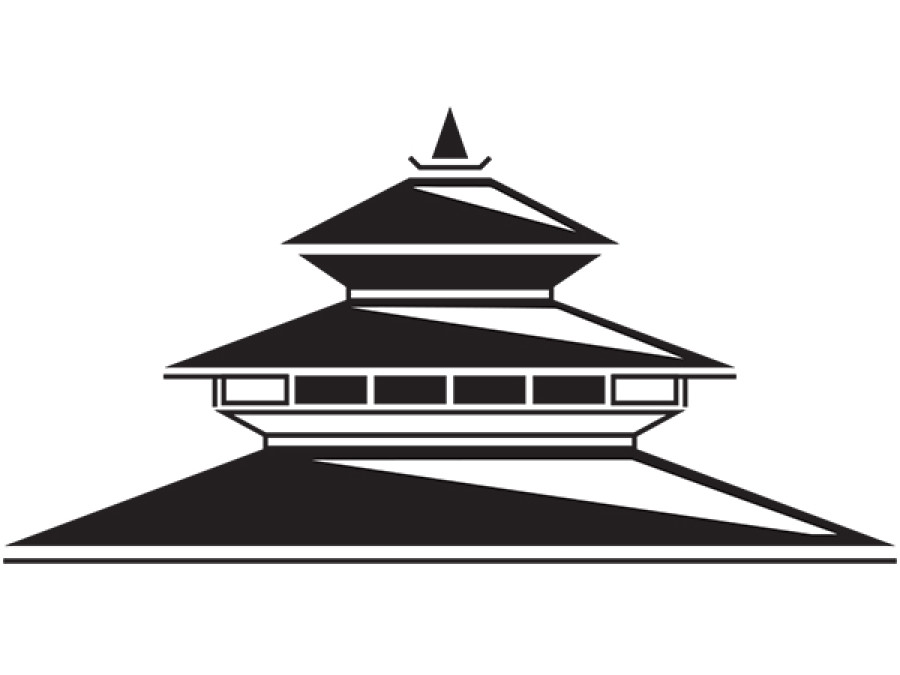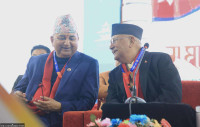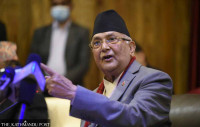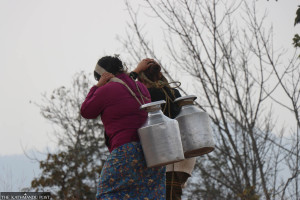Editorial
Womb on hire
Govt should do adequate homework before introducing surrogacy laws
On August 25, the Supreme Court (SC) issued an interim order to close down surrogacy services in Nepal until the government brings in laws to oversee the issue. The SC decision came after a writ petition was filed at the court demanding that surrogacy be deemed illegal until Nepal formulates laws on it. In addition, the petition also mentioned that surrogate mothers are being financially exploited for their services—the clients are charged up to Rs 10 million for the complete procedure by the agencies that make all the arrangements, out of which Rs 4 million goes to the hospital and the surrogate mother only receives Rs 300,000-400,000.
Surrogacy is a procedure through which a woman bears and gives birth to a child for another couple or person. If the woman is paid for her services, it is called commercial surrogacy. Even though commercial surrogacy is allowed in a few Western countries such as the US, it is strictly regulated and is very expensive—it could cost up to $150,000. But it is much cheaper in Asia, particularly in Thailand and India. Therefore, it attracts huge numbers of foreign clients. Yet, surrogacy has its share of problems. Last year, an Australian couple were accused of leaving a twin boy with his Thai surrogate mother after discovering that he had Down Syndrome. After much debate on the issue, in February, the Thai parliament introduced a new law banning all foreign and same-sex couples from seeking surrogacy services in the country. From now on, surrogate mothers must be Thai and above 25 and no fees will be allowed for the service, which is only available to married heterosexuals with at least one Thai partner.
Here, on the contrary, a year ago, the Nepali Cabinet decided to open the doors for foreign couples to seek surrogacy services. While the recent Supreme Court order bans it, the government definitely needs to do a lot of homework if it wants to permit surrogacy in Nepal. To that end, it could begin by studying the surrogacy laws in Thailand. It should also study the related law in India where the government is currently seeking to introduce stricter measures through the Assisted Reproductive Technique Bill pending in the Indian parliament. Until the government comes up with a new law, the Ministry of Health and Population needs to keep a close watch on possible violations of the ban. As for the impending law, it must be formulated only after holding consultations with women rights activists and health professionals. The law should be written by keeping the surrogate mother’s best interests at heart as it is she will bear all the risks.




 15.12°C Kathmandu
15.12°C Kathmandu














